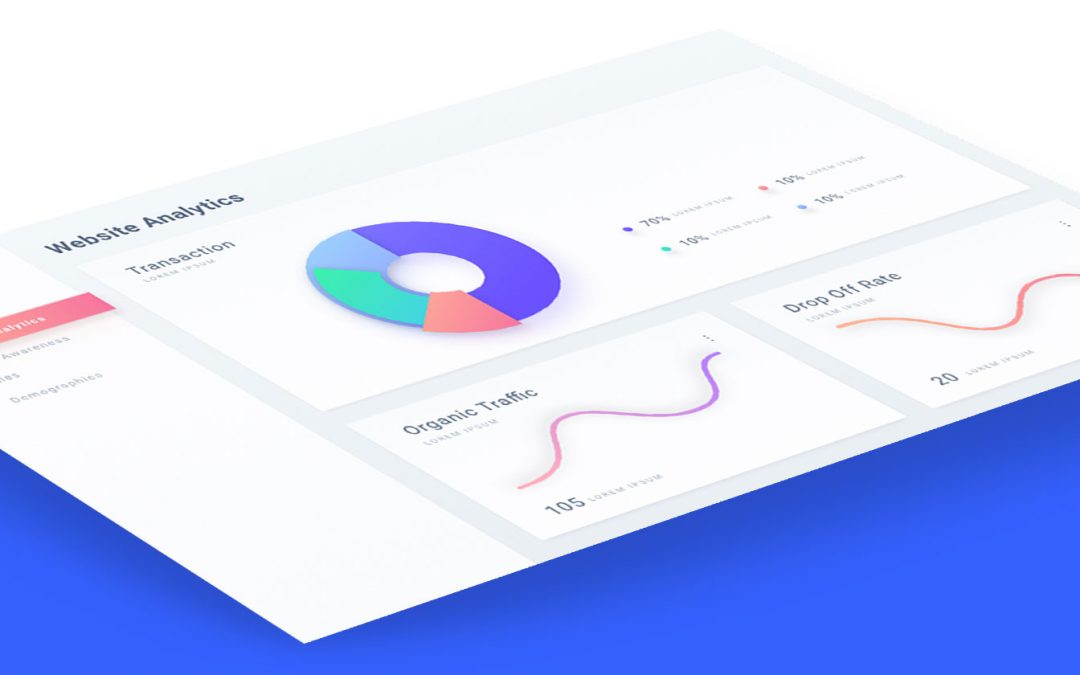When you want to find something out, you go to Google, right?
I often do it while watching tv and chatting to my wife – “I wonder how old that actor is now?”, “What else have they appeared in?” etc.
Google now has much of the info you need there, on the results screen without even having to click through anywhere.
It’s the same with business enquiries. If, say, you wanted to know how to change your DNS settings, you would previously ask the question on Google and be presented with various relevant articles inviting you to click through for answers. This meant you ended-up on a website page, often created specifically by a company answering that exact question, hoping someone would ask it and end up on their wesite where they could then offer their services. It’s essentially what blog posts were created for!
Now though, thanks to Google’s AI offering, it’s all there on the Google search results page itself – siphened off the same websites but, crucially, not requiring you to click-through to access the information. This means Google benefits from the answers you’ve given as a business – as traffic never leaves their site (and so they can more successfully sell advertising etc.) but you, as the specialist providing the answers, do not. It also means that in order to benefit from Google search trafic yourself you can no longer rely on just (free) organic SEO results getting you business in from of potential clients’ eyes – you have to pay Google for your own advert instead.
Google has completely changed it’s approach. The questions is… have you, as a SME? If not, it’s time to start thinking about the best approach to maximising the business you get from search results.
The search engine environment has changed, have you?
hashtagRealWorldProjects hashtagSME hashtagSEO hashtagInternetStrategy

Recent Comments